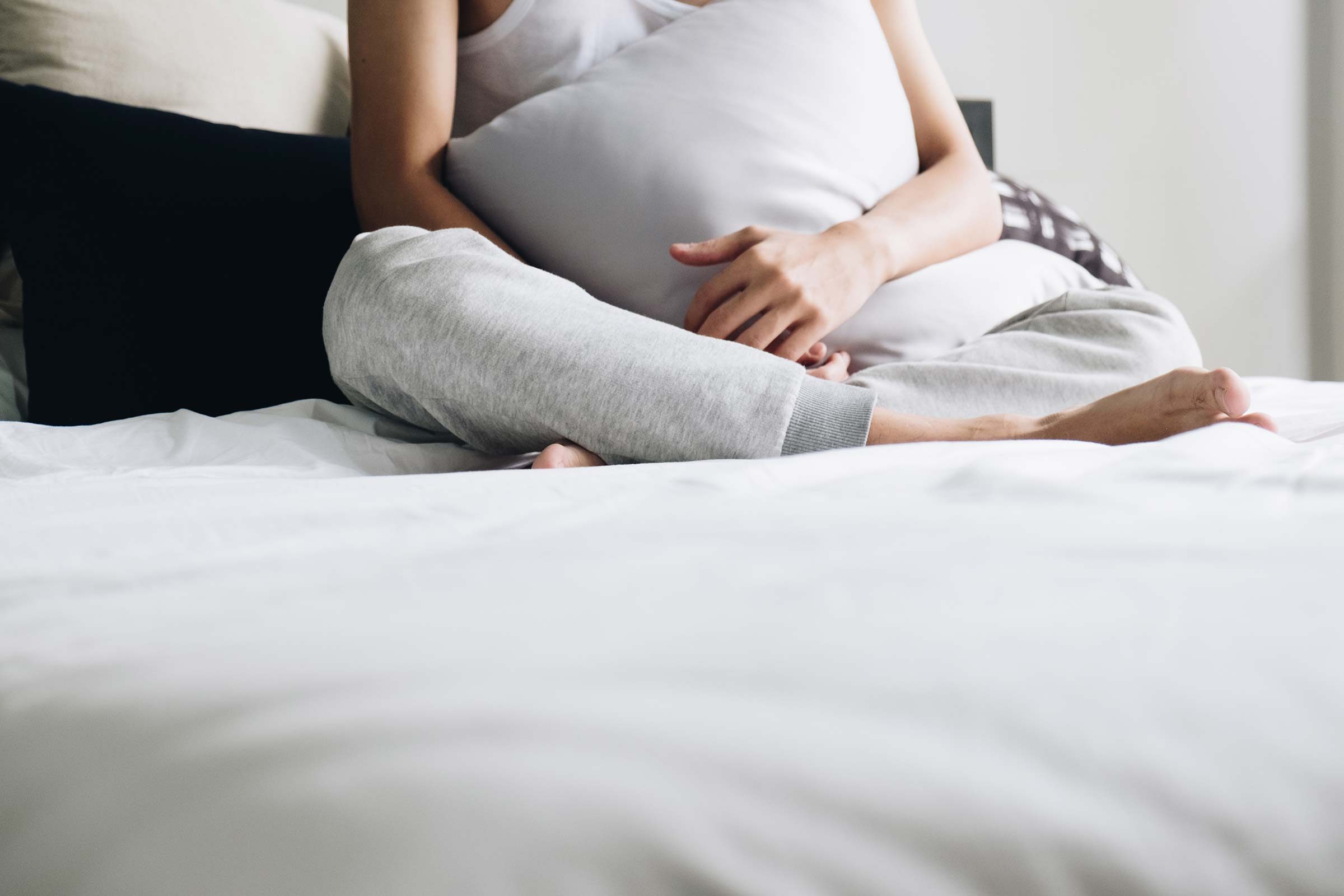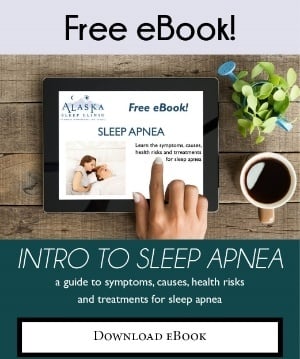Reasons Why You are Tired All of the Time
How much sleep do you need?
You feel like you’re always going to bed early, but when your alarm goes off, it’s hard to open your eyes and you’re in a fog all day. You may feel like no matter how much sleep you’re getting, you’re still tired. But how do you know how much sleep you need?
How much sleep you need varies by age. While newborns under three-months-old may need up to 19 hours of sleep and adults over 65 may need as little as five hours, most adults need about seven to nine hours of sleep a night, according to the National Sleep Foundation. While not getting enough sleep can hurt your health in these sneaky ways, oversleeping and constantly being tired can be a sign of a problem.
What’s best, according to Jacob Teitelbaum, MD, an internist who specializes in sleep, fibromyalgia, and pain, is to sleep the amount of time that leaves you feeling the best. “If you are needing more than 10 hours of sleep to feel restored, however, then that suggests that your sleep quality is poor and needs to be addressed,” he says.
If you’re getting enough sleep on a good schedule or are even oversleeping and still feel tired, it could be a sign of health problems.
You’re tired because…you’re oversleeping on weekends
You may think skimping on sleep during the week and oversleeping during the weekends will help you feel well-rested, but it’s actually hurting your sleep. This habit is called “social jetlag” which is brought on by shifts in your sleeping schedule during the week versus on the weekends. “Your body prefers routine, but still appreciates you making up the sleep, so it’s best to find a steady balance you can stick to,” adds Dr. Teitelbaum.
When you visit your doctor and complain of feeling tired all the time, the first things they’ll often check for is anemia or thyroid disorder because you can detect those with a blood test, says Amy Shah, MD. “When a patient says ‘I’m tired,’ it’s such a broad term and could be so many things, but if someone says ‘I’m tired and feeling a little more short of breath,’ or, ‘I’m having trouble exercising,’ that tends to be anemia.”
Anemia is when your blood doesn’t carry enough oxygen to the rest of your body and the most common cause of anemia is iron deficiency. Anemics may also experience feeling cold, dizzy, irritable, or have headaches in addition to feeling tired. Try one of these 12 eating habits for more energy.
 You’re tired because…you have a condition that causes chronic pain
You’re tired because…you have a condition that causes chronic pain
People who suffer from conditions, such as fibromyalgia, rheumatoid arthritis, hypothyroidism, and anemia, often require sleep. “For fibromyalgia, the person is not able to go into deep restorative sleep because the sleep center (the hypothalamus) is not working,” explains Dr. Teitelbaum. “For rheumatoid arthritis, the pain often disrupts deep sleep, so it takes more sleep to get the same recharging of your battery.” In hypothyroidism and anemia, extra sleep over nine hours doesn’t really help.
You’re tired because…you have a thyroid problem
If you have a thyroid issue, like an underactive thyroid (hypothyroidism), in addition to feeling tired, you might also feel like your skin is really dry and you’re constipated a lot, along with the lack of energy, says Dr. Shah. Hypothyroidism is a condition that occurs when your thyroid gland doesn’t produce enough of certain important hormones.
While women are more likely to have hypothyroidism, thyroid function tests can diagnose hypothyroidism easily and if you have an issue, your doctor may prescribe a synthetic thyroid hormone. Don’t miss these 25 natural energy boosters that just might change your life.
You’re tired because you…may have prediabetes or type 2 diabetes
Most people who have high blood sugar due to type 2 diabetes have insulin resistance. “Insulin is the key that opens up our cellular energy furnaces called mitochondria and allows sugar to enter to be burned for fuel,” explains Dr. Teitelbaum. “Because this key is not working, sugar cannot get into the furnaces to be turned into energy, leaving people tired.”

You’re tired because…you’re depressed
If you feel like you’re tired all the time, don’t want to get out of bed in the morning, and/or have trouble sleeping, you could be suffering from depression. Your primary care physician should do a depression screening during a regular visit, says Dr. Shah.
Your doctor can use a screening tool to determine if you’re experiencing an ongoing depressive disorder, or whether a life stressor or alcohol affects your emotional state. “Depression, alcohol abuse, and fatigue are very tightly knit,” says Dr. Shah. Sometimes people will treat depression with alcohol and then be tired, she says. Learn about the 13 things that happen to your body when you don’t get enough sleep.
You’re tired because…you may have gut issues or food sensitivity
Your gut is supposed to be a very closed system of cells where nothing from inside of the gut gets into the outside—like a pathway where the body absorbs what it needs without having things enter the rest of the body, says Dr. Shah. “If you’re eating poorly, especially a lot of processed foods, the gut cells can become a looser, net-like structure instead of a tight structure and proteins that aren’t supposed to be in our bloodstream leak into our bloodstream, which creates an inflammatory response,” says Dr. Shah.
The inflammatory response is thought to possibly manifest as bloating, fatigue, moodiness, headaches, or weight gain. Some people call this leaky gut, although this condition hasn’t been clinically proven. If you have food sensitivities (to foods like wheat and dairy) you can feel fatigued, get rashes, and experience bloating or brain fog.
You’re tired because…you’re suffering from adrenal fatigue
“Adrenal fatigue isn’t a Western medicine term, it’s a functional medicine term, and a lot of Western doctors don’t recognize it as a medical [issue],” says Dr. Shah. There’s a disconnect because it’s hard to show with lab testing, she says.
These hormone imbalances could be brought on by a stressful situation in your life, like family problems, or it could be constant stress at work, lack of sleep, over-exercising, having a poor diet, or drug or alcohol abuse, says Dr. Shah. Those circumstances can push your stress hormones high and then eventually leave you exhausted and depleted, like a bank account that you’re overdrawing on and not putting money back into.

You’re tired because…you have an infection
Doctors will often check for chronic infection as a cause of fatigue due to such infections as the Epstein-Barr virus (mononucleosis) or Lyme disease. Both of these medical issues can present with extreme fatigue. If you feel exhausted, make sure you never do these 10 things when you’re tired.
You’re tired because…you have sleep apnea
If you have sleep apnea, your throat starts to close when you’re asleep, which is why people with the condition tend to snore. Not getting enough oxygen sounds scary, but your brain won’t let you suffocate.
“Sleep apnea prevents you from going into the deep restorative stages of sleep, so people are unable to get rested and fall asleep frequently during the day,” explains Dr. Teitelbaum. “Falling asleep easily during the day with a shirt collar size over 16 1/2 inches, high blood pressure, being overweight and snoring tell you that you should check for sleep apnea.”
Our philosophy at Alaska Sleep Clinic centers around patient education, more importantly patient sleep education. We recognize the value proper education has on long-term therapy and compliance. The more information a patient has about their sleep troubles, the more likely they are to be proactive about seeking and maintaining treatment.
That’s why we’ve devised a series of e-books on a variety of topics derived from common questions our patients ask us. If you’re looking for tips to improve your sleep hygiene, want to know more about sleep apnea, wondering what the different types of sleep studies are and what they entail, or if you have questions or concerns about CPAP masks and accessories, then you’ve come to the right place.
And the best part about these e-books is that they’re absolutely free!
All you have to do is select a topic you’re interested in, fill out a quick form, and the e-book will be downloaded directly to your computer.
Getting information on sleep disorders has never been easier.





